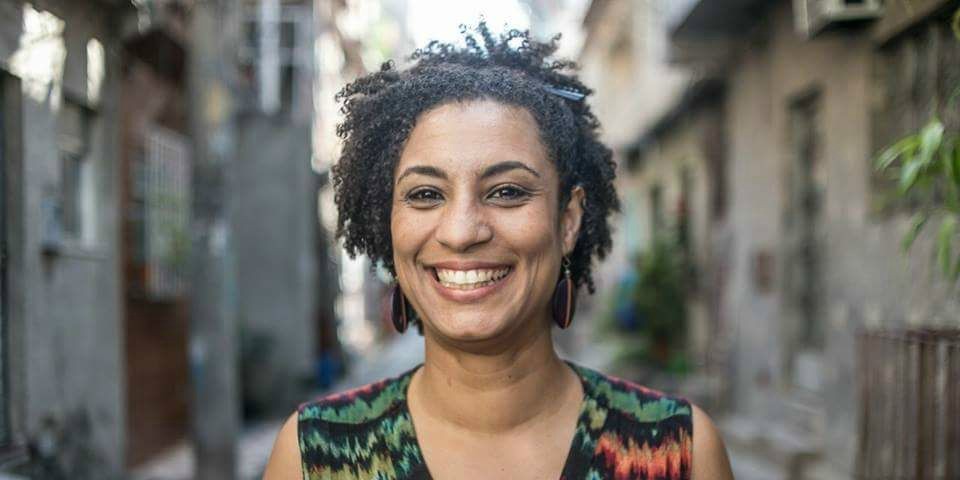Report
Even in death, Marielle Franco is terrifying to the far right
Politicians have taken to Twitter to slander Marielle Franco, gunned down for protesting state brutality in a country where an army commander said soldiers need “guarantees they could act free of the danger that a new Truth Commission could judge them.”

Politicians are still afraid of Marielle Franco. In a country like Brazil, where the soft coup’s elite relies on mass apathy to take away workers’ rights, symbols can be dangerous. And the murdered PSOL city councillor has become one: there have been 3.6 million tweets in the first 42 hours after her execution by a death squad. So it’s not surprising that the far right is trying to smear her, killing her a second time.
The first one was a Rio de Janeiro judge (unbelievable but true), Marília Castro Neves, who said on Facebook that Marielle Franco “had ties with criminals” and had betrayed “promises she had made to her supporters” among the Comando Vermelho, Brazil’s oldest organized criminal group. The PSOL sued her for defamation, and the judge told the Folha de Sao Paulo newspaper she only wanted to protest “the politicization of her death” as a simple citizen.
It was enough for far-right group Movimento Brasil Livre to post “Judge exposes PSOL’s narrative and states Marielle had ties with criminals.” The post was shared 28,000 times and liked 38,000 times.
MP and Federal District Dem (Democratas) president Alberto Fraga took a step further. In a tweet that has since been removed, he wrote: “This is the Left’s new myth: pregnant at 16, formerly married to drug lord Marcinho VP, consumer of marijuana, elected by Comando Vermelho… But Military Police is responsible for her death.” But Marielle was never married to a drug trafficker, gave birth to her daughter when she was 19, and gained the fifth highest vote count in the 2016 Brazilian election.
As far as the alleged police involvement in her murder, public prosecutor José Maria Panoeiro himself told BBC Brasil that all facts suggest following that lead. The bullets used to murder Marielle and her driver, Anderson Gomes, were sold to Brasilia’s federal police by firm CBC in 2006, as part of a deal that included the ammunition used to kill 17 people in Osasco, Sao Paulo, in 2015 — for which three military policemen and a civil policeman have been convicted.
Over 5,000 people took to the streets in Complexo da Maré to ask for justice on Sunday. They reminded that “today every black woman’s name is Marielle in this state.” The councillor’s murder increased tensions in the favelas, starting from Acari. Activists of the Fala Akari group — who denounced the same violence perpetrated by Rio’s military police’s 41st battalion that Marielle started campaigning against three days before her murder — were forced to flee, fearing reprisals.
Human rights defenders are concerned at the militarization of the poorest areas of Rio following a repressive scheme that identifies favela residents as internal enemies. Army commander Eduardo Villas Boas’ recent words were telling. He said soldiers needed “guarantees they could act free of the danger that a new Truth Commission could judge them,” referring to the Committee Dilma Rousseff set up to investigate torture and murders during the military dictatorship. In short: a license to kill.
Originally published at https://ilmanifesto.it/marielle-fa-paura-anche-da-morta-militari-nelle-favelas-sale-la-tensione/ on 2018-03-20
